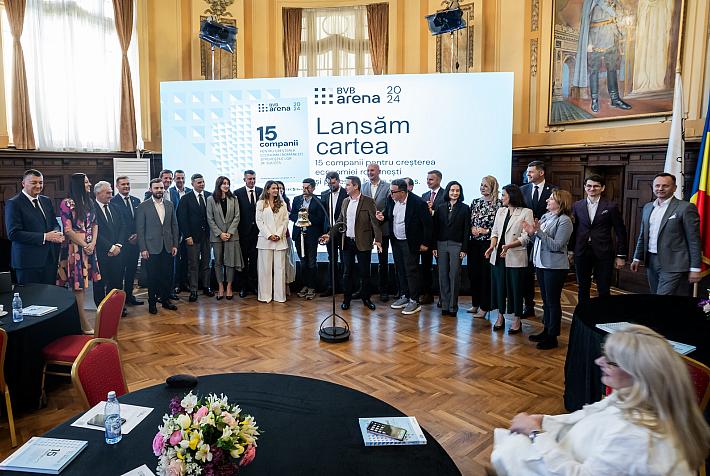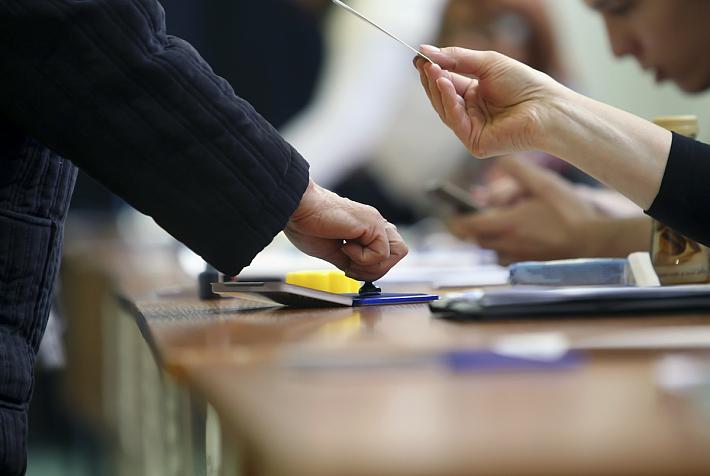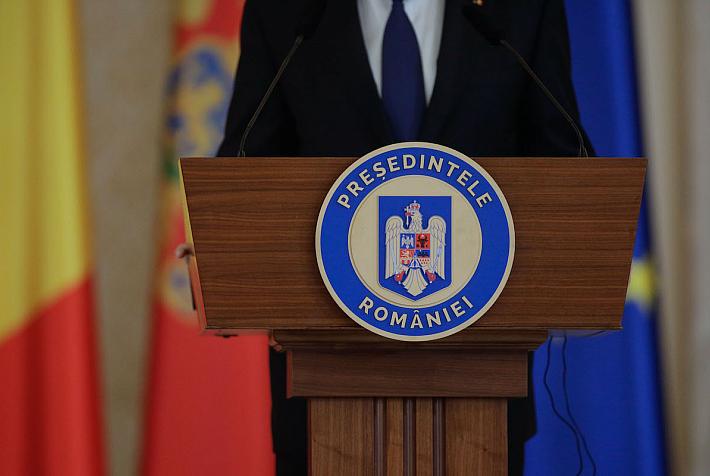Bloomberg: RO Govt. may drop greed tax if central bank redefines ROBOR methodology

The Government is urging the National Bank of Romania (BNR) to redefine the way the interbank interest rate ROBOR is calculated, Bloomberg reported, quoting Darius Vâlcov, an advisor to prime minister Viorica Dăncilă. This would help local banks avoid paying “the greed tax.”
“I hope we can get a radical change in the way ROBOR is calculated or even see its demise,” Vâlcov told Bloomberg. He said a decision will be made together with BNR.
The interbank interest rates ROBOR, which are the main benchmark for calculating interest rates on retail loans, came into public attention again at the end of last year, when the Government decided to tax local banks’ assets if the ROBOR went over a certain level. The banks are to pay a tax, sometimes referred to as “the greed tax,” when the ROBOR for the maturities of three and six months exceeds the 2% benchmark.
Mugur Isarescu, the central bank governor, criticized this initiative, saying the new tax negatively impacts the flexibility and efficiency of monetary policies and won’t help the Government.
This January, Daniel Zamfir, the head of the Senate’s expert economic committee, accused BNR and the Competition Council of closing an eye on the commercial banks’ manipulation of ROBOR. BNR dismissed the accusations. The ruling coalition also blamed BNR for not defending the local currency against the recent depreciation.
Vâlcov also said the Government was not interested in the level of the tax or the extra revenue but wanted to lower the borrowing costs for Romanians.
Valcov's statement determined a rally for the shares of the two big banks listed on the Bucharest Stock Exchange on Monday. Banca Transilvania's shares (TLV) were up by over 10% while the shares of BRD-Groupe Societe Generale (BRD) were trading almost 8% over the Friday closing, as of 16:40, two hours before market closing.
The shares of the two banks recorded steep declines after the Government announced its intention to tax banks, in late December. Even with yesterday's gains, the TLV and BRD shares are trading over 20% below the levels they were at in mid-December.
Romanian central bank officials summoned by lawmakers for talks on ROBOR methodology
Romania’s competition body starts preliminary probe into money market interest rates
Romania’s ruling coalition mounts pressure on central bank governor
editor@romania-insider.com
(Photo: Shutterstock)











